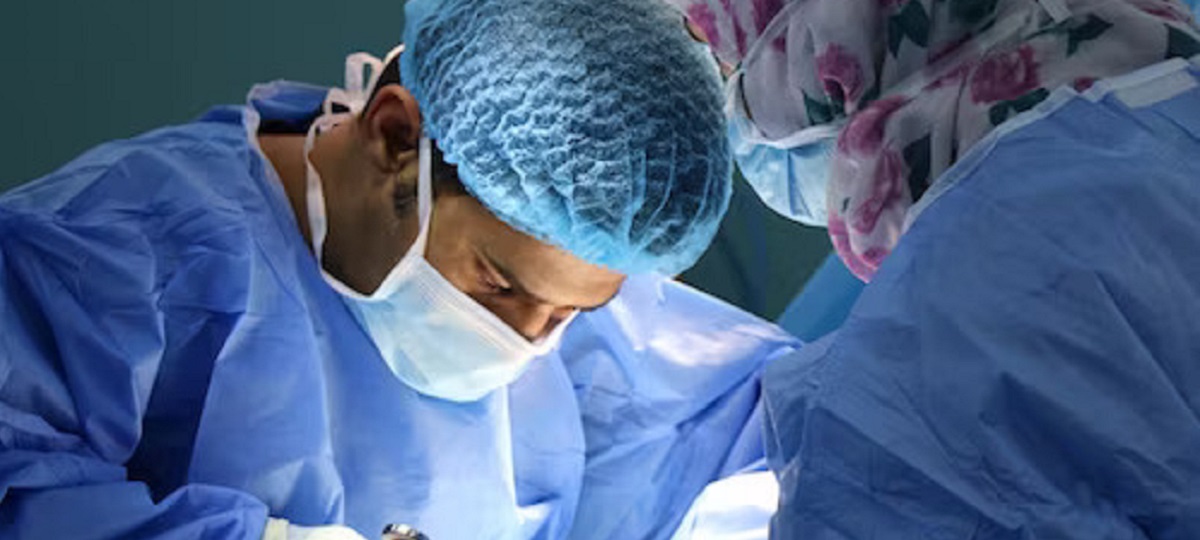Gallbladder surgery, also known as cholecystectomy, is a common procedure performed to treat gallbladder-related issues such as gallstones or inflammation. While the surgery itself is relatively safe and straightforward, the recovery process can vary from person to person. Understanding what to expect during your recovery can help you better prepare and manage your post-operative care.
Types of Gallbladder Surgery
There are two primary kinds of surgery for the gallbladder:
- Laparoscopic Cholecystectomy: This minimally invasive procedure involves making several small incisions in the abdomen through which a tiny camera and surgical tools are inserted. The surgeon uses these tools to remove the gallbladder. This type of surgery typically results in a shorter recovery time and less scarring compared to open surgery.
- Open Cholecystectomy: In this procedure, a single, larger incision is made in the abdomen to remove the gallbladder. Open surgery is usually reserved for cases where laparoscopic surgery is not possible or safe.
The type of surgery you undergo will depend on various factors, including the severity of your condition and your overall health.
Immediate Postoperative Period
After gallbladder surgery, you will be taken to a recovery room where medical staff will monitor your vital signs as you wake up from anesthesia. Once you are fully awake and stable, you will be transferred to a hospital room or discharged home, depending on the type of surgery and your overall condition.
During the immediate postoperative period, you may experience some pain and discomfort at the incision sites. Your healthcare team will provide pain medication to help manage this discomfort. You may also experience nausea and vomiting, which can be managed with medication and dietary adjustments.
Hospital Stay
The kind of operation you have and how quickly you heal will determine how long you stay in the hospital. The majority of laparoscopic cholecystectomy patients are able to return home the same day or the day after their procedure. Patients who have an open cholecystectomy usually need to stay in the hospital for a longer period of time—two to four days.
During Recovery from Gallbladder Surgery, you’ll be encouraged to walk around in the hospital, preventing blood clots. Your healthcare team will guide you on incision care and follow-up with your surgeon.
Recovery at Home
Once you are discharged from the hospital, your recovery will continue at home. It is essential to follow your surgeon’s instructions carefully to ensure a smooth recovery. Here are some general guidelines for recovery at home:
- Pain Management: You may continue to experience some pain and discomfort at the incision sites. Take pain medication as prescribed by your doctor and avoid activities that may aggravate your pain.
- Diet: Your doctor may recommend a special diet, such as a low-fat diet, to help your digestive system adjust to the absence of the gallbladder. Gradually reintroduce solid foods as tolerated, starting with bland and easily digestible foods.
- Activity: While you should avoid strenuous activities, such as heavy lifting or intense exercise, for the first few weeks after surgery, it is essential to stay active. Walking and light activities can help prevent complications such as blood clots.
- Incision Care: Keep your incisions clean and dry. Your doctor will provide instructions on how to care for your incisions and when it is safe to shower or bathe.
- Follow-up Care: Keep all of your planned follow-up sessions with your surgeon so that you may discuss any concerns or potential issues and have your recovery closely monitored.
Complications and Warning Signs
Despite the fact that gallbladder surgery is usually safe, problems sometimes happen. The following warning indicators must be recognised, and if you encounter any of them, you should get medical help right away:
- Persistent fever
- Severe abdominal pain
- Jaundice (yellowing of the skin or eyes)
- Persistent nausea or vomiting
- Difficulty breathing
- Unusual fatigue or weakness
Conclusion
Recovery from gallbladder surgery can vary from person to person, but understanding what to expect can help you prepare for the process. By following your surgeon’s instructions and taking care of yourself, you can help ensure a smooth recovery and return to normal activities. If you have any concerns or questions about your recovery, be sure to discuss them with your healthcare team.
